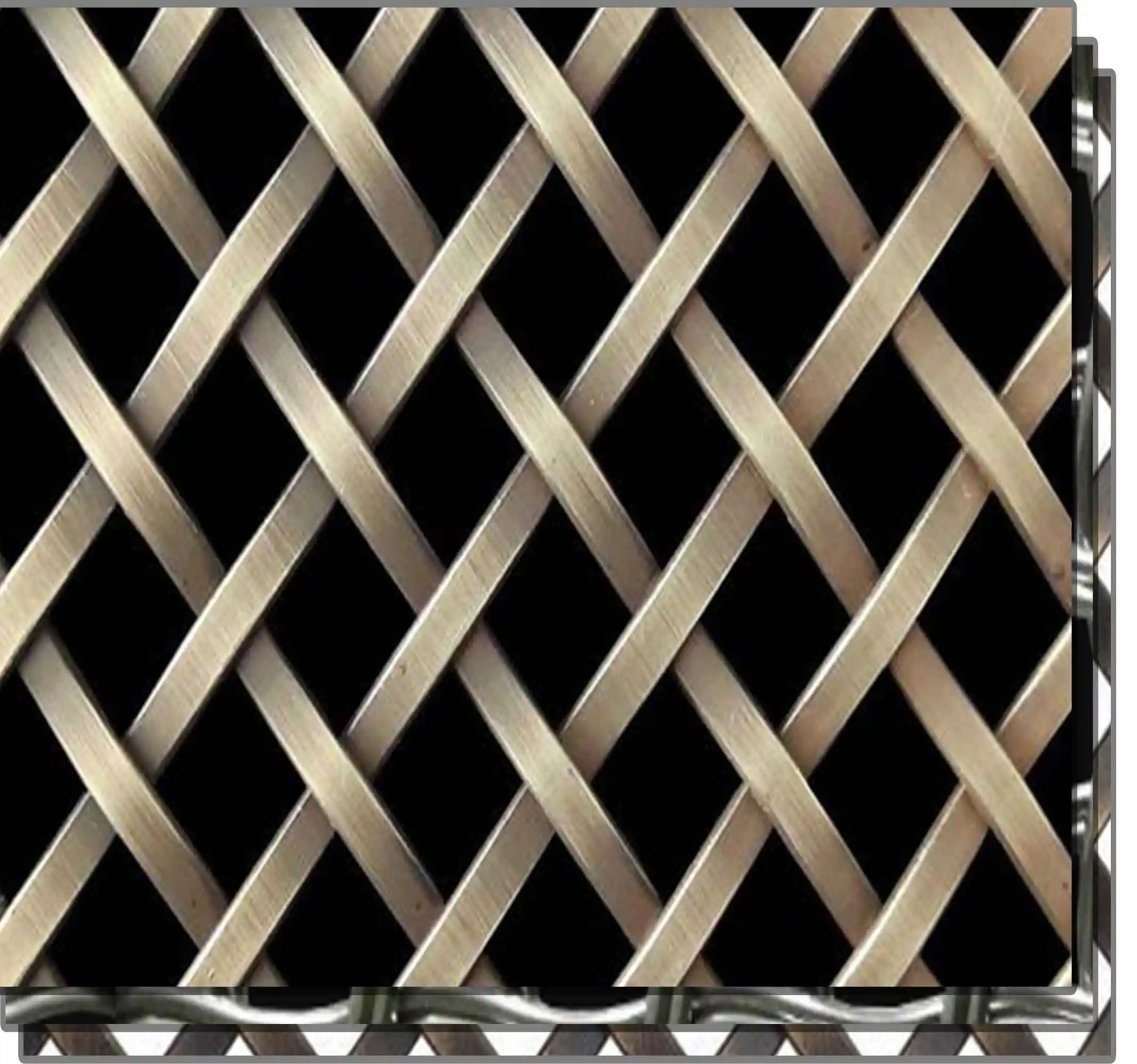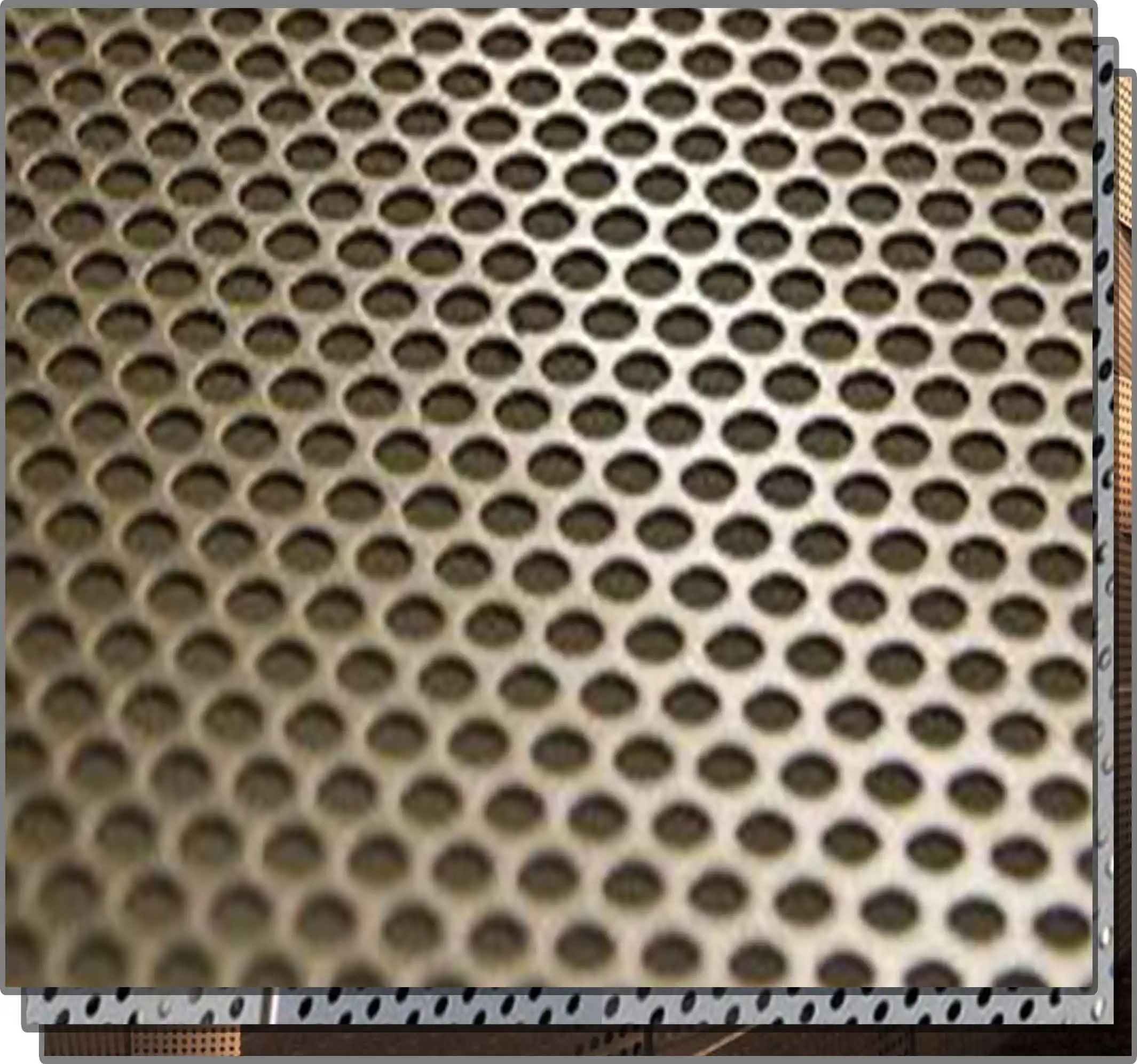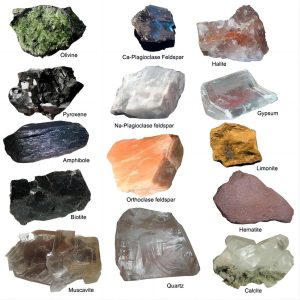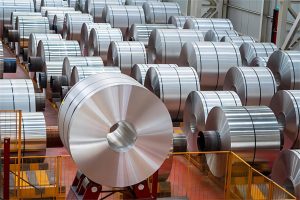![]() الاستدامة
الاستدامة
How to Create Interior Ideas with Metal Room Divider?
The metal room divider is a broad concept here. It refers not only to a...
13
ديسمبر
ديسمبر
Design Ideas for Metal Ceilings
Welcome to our blog on metal ceiling ideas for interior decoration! When installing a metal...
10
ديسمبر
ديسمبر
كيفية تلميع ألواح الفولاذ المقاوم للصدأ وتلميعها
الفولاذ المقاوم للصدأ المصقول كالمرآة هو صفيحة من الفولاذ المقاوم للصدأ المدرفلة على البارد بسطح أولي...
21
أكتوبر
أكتوبر
Seven Advantages of Stainless Steel Materials
Environmentally friendly Stainless steel is a very environmentally friendly material, as it is 100% recyclable....
21
أكتوبر
أكتوبر
What are the Components Used in Stainless Steel?
يتم تشكيل معدن الفولاذ المقاوم للصدأ عن طريق صهر المواد الخام مثل النيكل وخام الحديد و...
21
أكتوبر
أكتوبر
What is Stainless Steel?
التعريف الفولاذ المقاوم للصدأ هو فئة فرعية من سبائك الفولاذ، ويُصنع الفولاذ المقاوم للصدأ عن طريق...
21
أكتوبر
أكتوبر

























